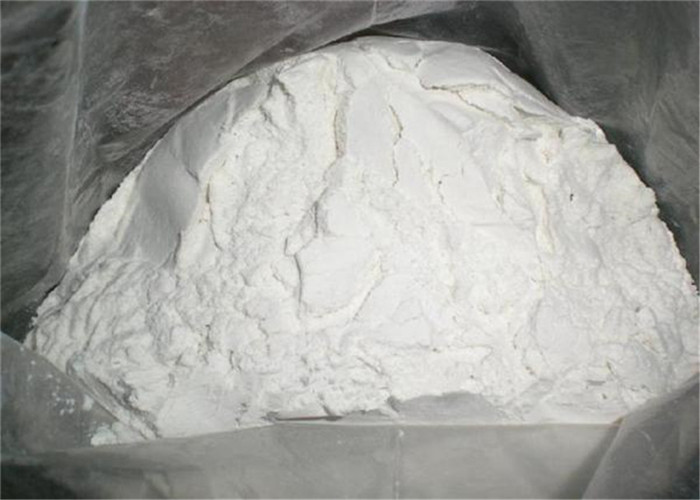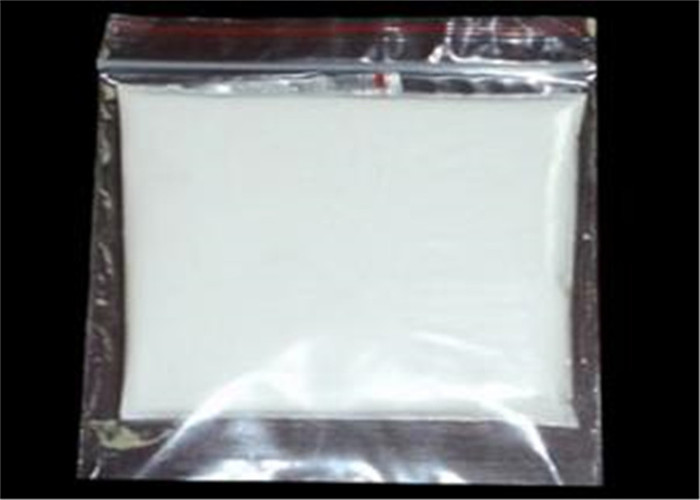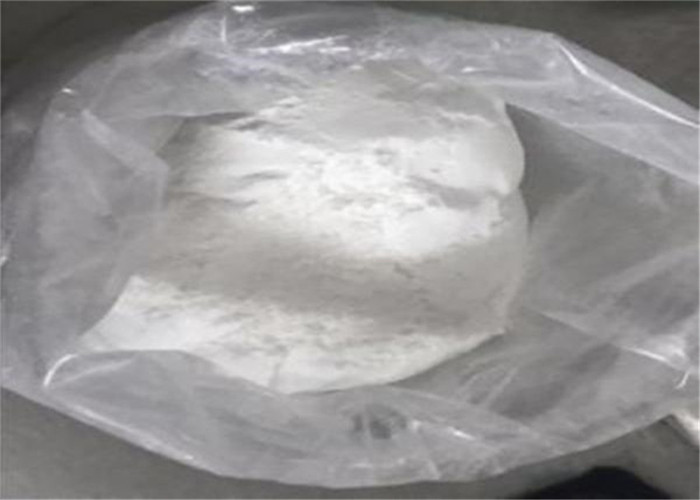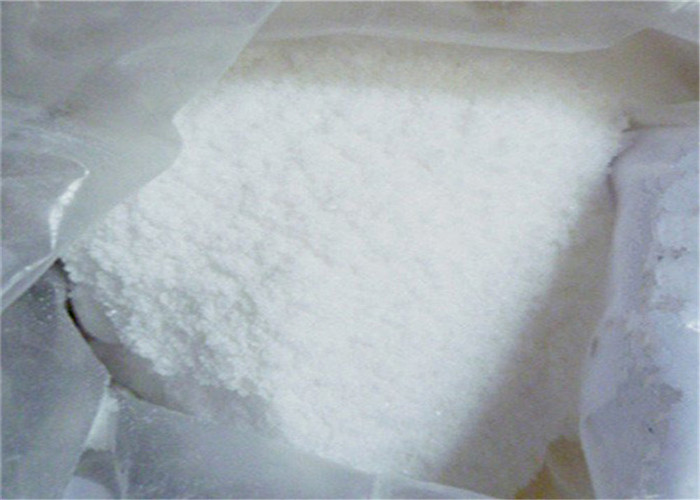Фармацевтическое сырье высшего качества Идебенон
Абстрактный
наименование товара: Идебенон
КЕЙС: 58186-27-9
MF: C19H30O5
МВт: 338.44
Мол файл: 58186-27-9.моль
Представительский стандарт:Стандарт предприятия
Появление: Оранжево-желтый или оранжевый кристаллический порошок., без запаха, безвкусный.
Свойство: Этот продукт представляет собой оранжево-желтый или оранжевый кристаллический порошок., растворим в метаноле, спирт этиловый, нерастворим в воде, без запаха, безвкусный.
Используется при инфаркте головного мозга., кровоизлияние в мозг и склероз мозговых артерий, связанные с депрессией, такие как языковые барьеры и нарушения интеллекта, и т.д.
C21H30O3:
Идебенон - это новый тип лекарства против старческого слабоумия и улучшения метаболизма функций мозга и психических симптомов.. Может улучшить энергетический метаболизм мозга, улучшить работу мозга, и мягкий антигипертензивный эффект. Клиническая картина инфаркта головного мозга, кровоизлияние в мозг и последствия атеросклероза вызвали дисфункцию головного мозга, гипогонадизм, эмоциональные расстройства, речевые нарушения, деменция и другие пациенты.
Описание:
Химически, идебенон – органическое соединение семейства хинонов.. Он также коммерчески продвигается как синтетический аналог коэнзима Q10. (CoQ10). Идебенон (произносится глаз-деб-а-известно, торговые названия Катена, Раксон, Суперма, среди прочего) препарат, первоначально разработанный фармацевтической компанией Takeda для лечения болезни Альцгеймера и других когнитивных дефектов.. Это было встречено с ограниченным успехом. Швейцарская компания Santhera Pharmaceuticals начала исследовать его для лечения нервно-мышечных заболеваний.. В 2010, Завершены ранние клинические исследования по лечению атаксии Фридрейха и мышечной дистрофии Дюшенна.. По состоянию на декабрь 2013 препарат не одобрен по этим показаниям в Северной Америке и Европе., но он одобрен для лечения наследственной нейропатии зрительного нерва Лебера. (ЛХОН) в Европе. Ноотропные эффекты и болезнь Альцгеймера Идебенон улучшил обучение и память в экспериментах на мышах. В людях, оценка суррогатных конечных точек, таких как электроретинография, слуховые вызванные потенциалы и визуальные аналоговые шкалы также свидетельствуют о положительном ноотропном эффекте., но более крупные исследования с четкими конечными точками отсутствуют.
Исследования идебенона как потенциального средства лечения болезни Альцгеймера оказались противоречивыми., но может наблюдаться тенденция к небольшой выгоде. В мае 1998, одобрение этого показания было отменено в Японии из-за отсутствия доказанного эффекта.. В некоторых европейских странах, препарат доступен для лечения отдельных пациентов в особых случаях.













 Менеджер по продажам
Менеджер по продажам